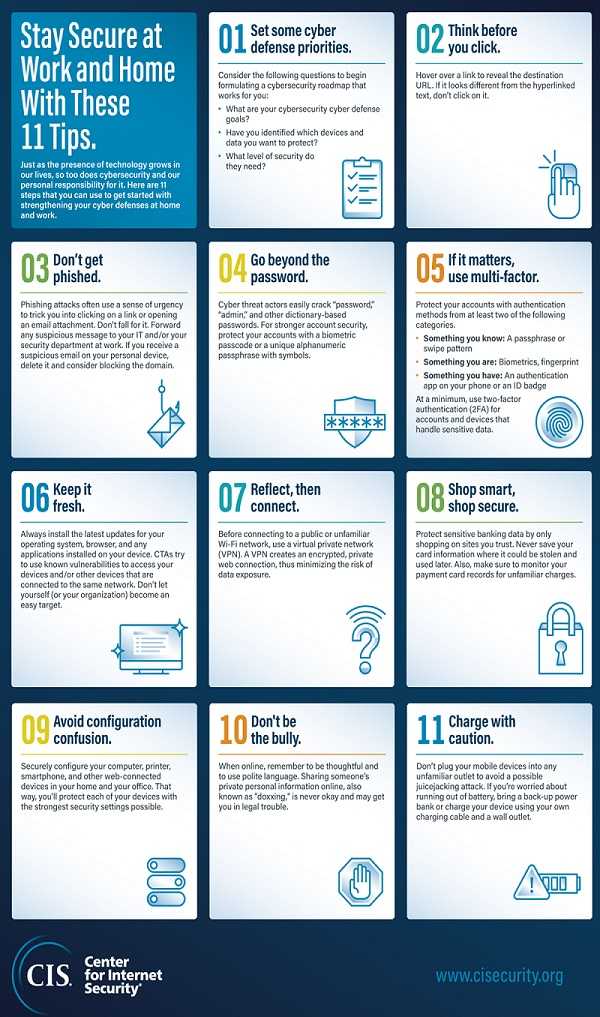It’s widely known that seniors are a choice target for cybercriminals. Thanks to a publication by AARP “My Online Privacy for Seniors,” this e-book offers ways this vulnerable population can be smarter about their online security. It offers basic steps and strategies for keeping PII secure. Below are some of the AARP’s top online tips for seniors, so share them with an older friend or loved one – they’ll thank you for it.
Top Secure Tips Takeaways
Password Basics. No one should use easy-to-guess passwords. The list of common offenders is long and includes names of friends and family; birthdates and other special occasions; anything in a row like “1234567”, “7654321”, “3333333” or the ever-popular “qwerty.” Avoid using whole words or phrases like “password,” “Ilovemyfamily” or “LALakersFan.” Anything obvious or guessable should never be password material and instead, be original and unique. Write them down if needed but keep them away from prying eyes and out of internet-reach.
 Social Media Photos. Social media is a welcome mat for online criminals. When choosing a profile picture, don’t use a photo where your eyes are looking directly at the camera. These photos can be stolen and used for identity theft including fake passports and other identification. Also, be careful what photos you share with the public. Posting great pictures while you’re on a trip tells the public you’re not at home, so share them wisely and only with those you trust.
Social Media Photos. Social media is a welcome mat for online criminals. When choosing a profile picture, don’t use a photo where your eyes are looking directly at the camera. These photos can be stolen and used for identity theft including fake passports and other identification. Also, be careful what photos you share with the public. Posting great pictures while you’re on a trip tells the public you’re not at home, so share them wisely and only with those you trust.
Secure Purchasing. Use a payment card as credit for online purchases and not a debit card. Most payment card providers offer protections should card information get stolen, or if there’s a problem with a seller or purchase. You’re not charged for the purchase while it’s under dispute, or no more than $50 while they investigate your claim and some even dismiss that fee. So, if a problem arises with your card, call the issuer and they’ll get involved on your behalf.
Alternatively, consider using Google Pay or Apple Pay for your purchases. These products “tokenize” your card number and information so that it’s not seen by the merchant or stored on their system.
Shop Safely. Carefully check the address of the website (URL) you’re visiting to make a purchase. Hackers can jump in and switch the URL to a fake “lookalike” web page that steals your login, payment card info, and other personally identifiable information (PII). The URL gets redirected in the blink of an eye, so always check yours before proceeding. For extra safety, type in the URL yourself, being careful not to make typos!
Secure Device Settings. It’s important to use identification security settings for our devices. Most have more than one secure option for user identification like a fingerprint, face, or a passcode, so choose what suits you best (sometimes you can use more than one). Consider adding ID security options for family and friends you absolutely trust, giving them access to your device.
There are always more secure tips available for online seniors, whether from AARP or other sources. Take advantage of these and any other reputable resources you may feel comfortable using.